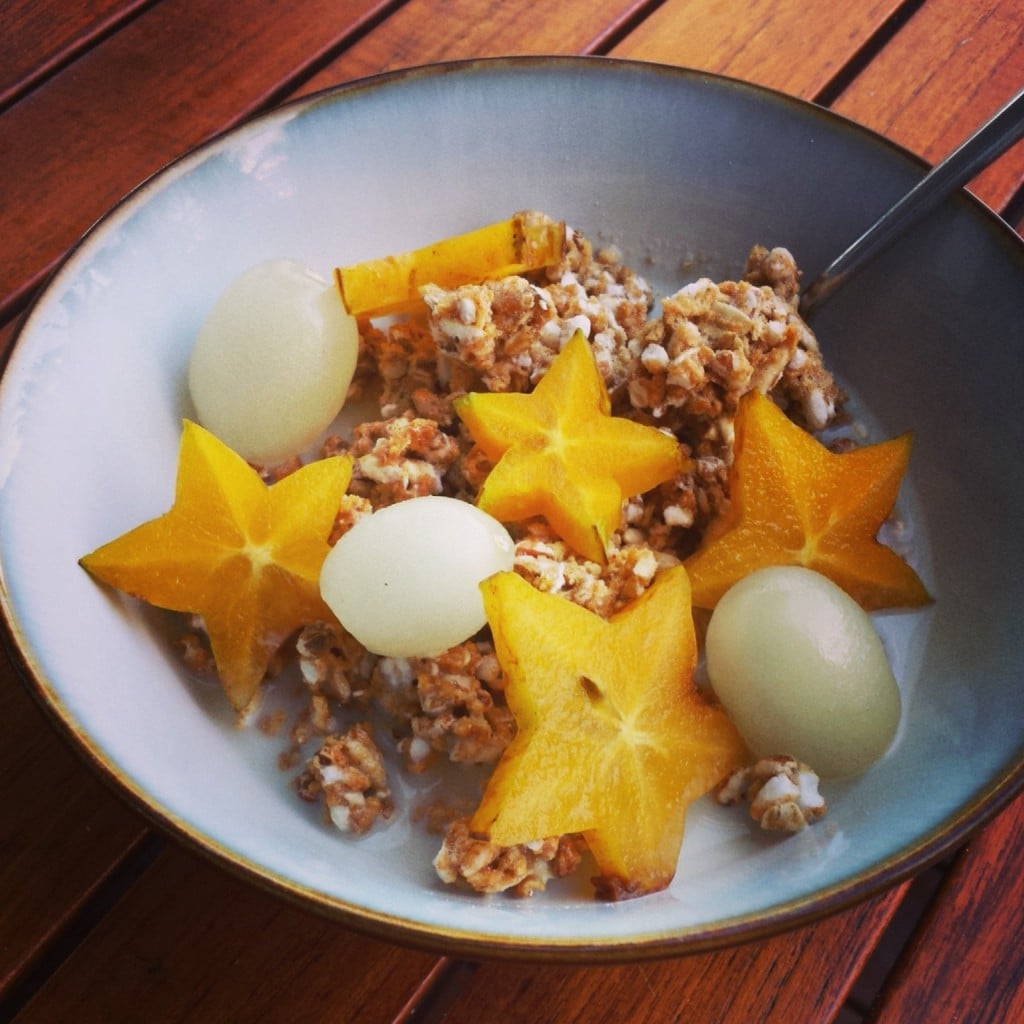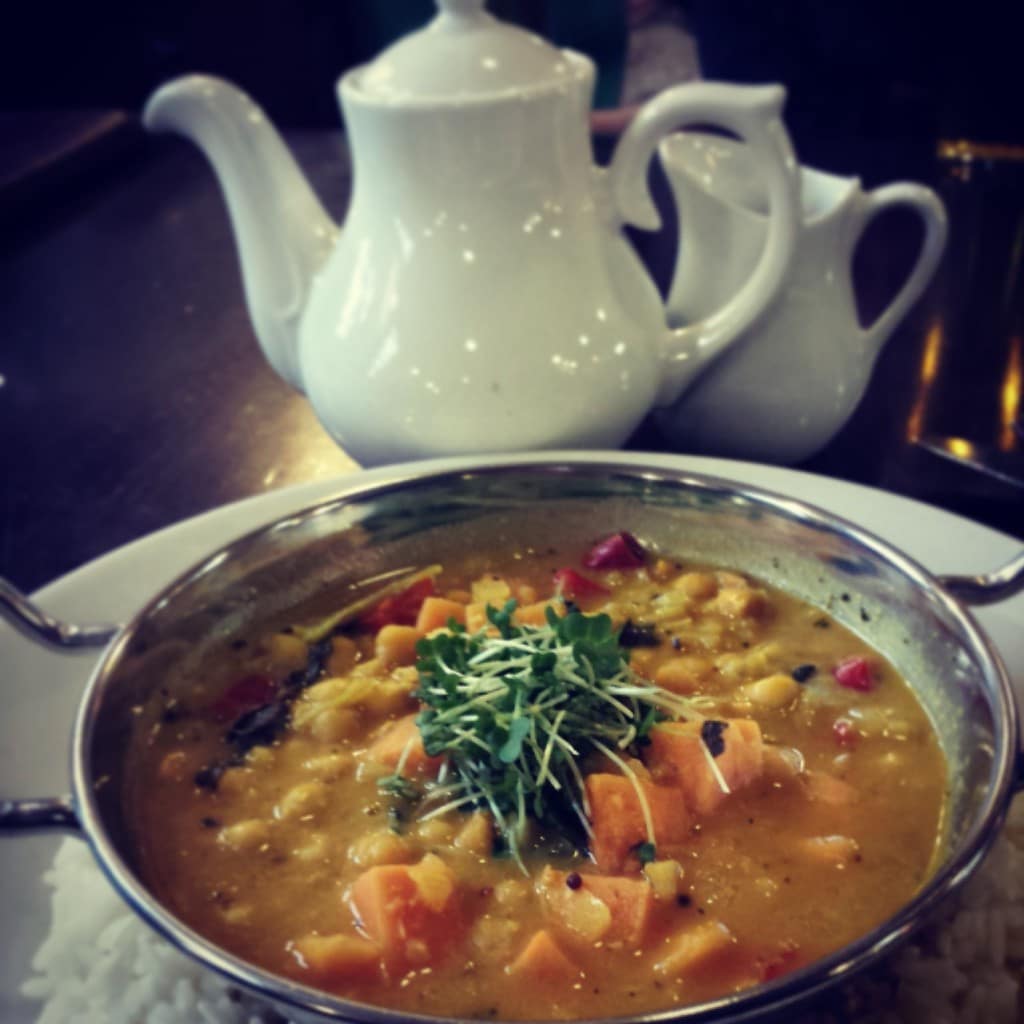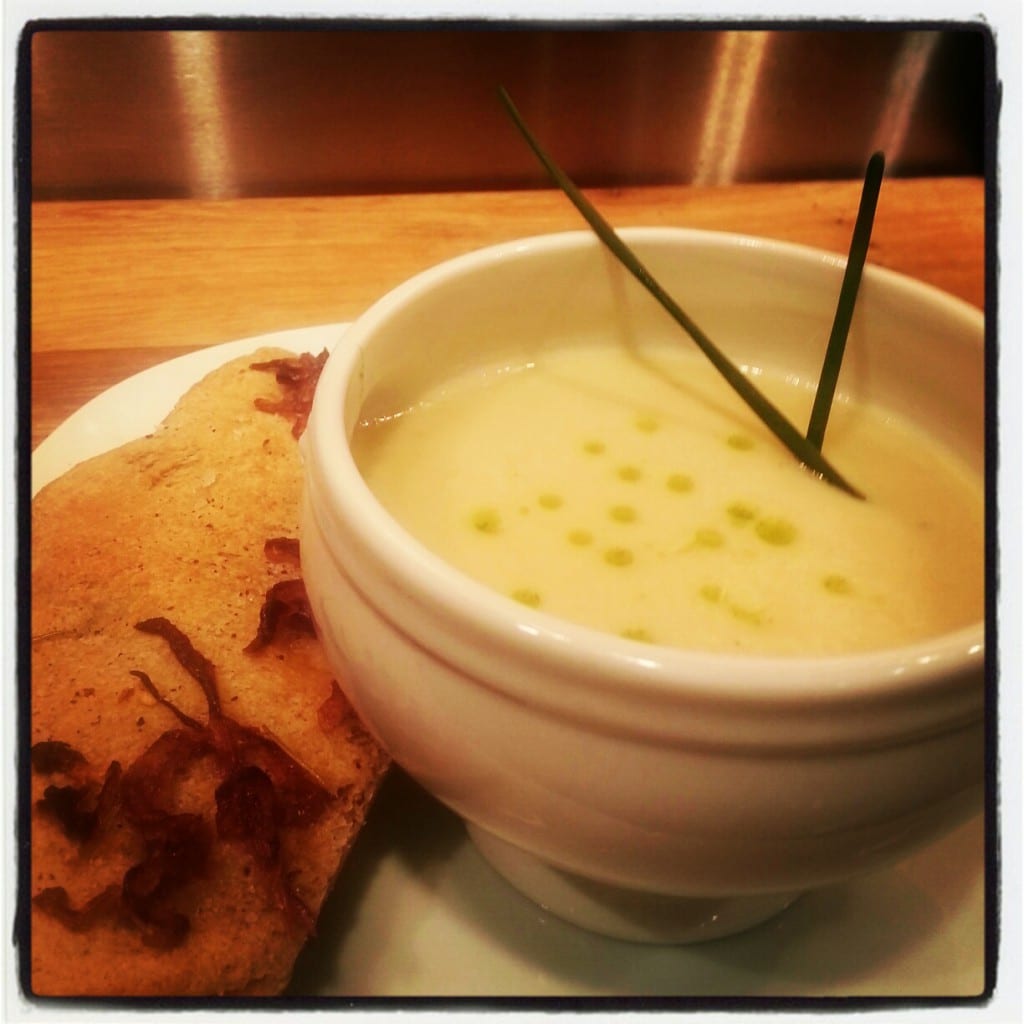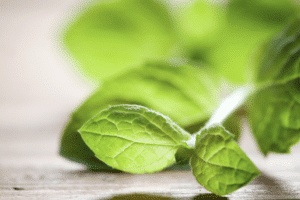Kul Sana Winta Tayeb
Ramadan has officially begun in the muslim world!
Ramadan, for whom isn’t familiar with the rules, entails refraining from eating and drinking from sunrise to sundown during the 9th month of the muslim year (as the calendar is lunar, the dates change from one year to the next). This 30 day observance is regarded as one of the 5 pillars of Islam. The fast is “fardh”, that means compulsory, for all adults except those suffering from a medical condition, people traveling or pregnant and nursing women.
One might think that observing the Ramadan would automatically result in weight loss, this would seem like the natural upshot of abstaining from food and drink from dawn to dusk. The statistics however, show that during this 30 day period participants gain an average of 2 to 6 kilos (5-14 lbs)!
So, where does all this weight come from?
We need to examine how our body works: not to eat or drink all day weakens it naturally. A balance is maintained by our reserves, however as we reach the end of the day, we tend to eat more than necessary and reach for sweeter and fattier foods to make up for the lack of nourishment! As a consequence we put weight on. It is exactly the same course of events when we skip a meal during the day, we often end up snacking or overeating at the next meal. That triggers weight gain.
Don’t fret, I am not going to ask you to commit to any strenuous regular physical activity during Ramadan to offset excess calorie intake!
Take a leisurely walk each day in lieu of daily exercise, but nothing more vigorous than that.
The key to avoid weight gain during your fast lies in the way you eat when you start your day and when your break your fast at sundown.
Here are my tips and advice for a nutritionally successful Ramadan:
1- Suhoor (pre-dawn meal)
A lemon juice in a glass of room temperature water to detox a liver put under a lot of strain by the fast/feast gap.
Then, a sobacha (roast buckwheat tea) to fill up on fibre and antioxidants.
For an upset stomach after a night of feasting and little sleep, a glass of water with ginger, a teaspoon of brown sugar and fresh thyme will help you make it pass.
It is very important to drink enough to replenish your reserves and exceed your body’s maximum hydration levels. This will help you hold out all day.
Avoid sweet drinks, sodas or very sweet mint teas, as all these drinks will cause a glycemic peak that will worsen your hunger pangs during the morning.

Finish off with berries or seasonal fruit that aren’t too sugary (so avoid cherries for example, but favour citrus fruit, papaya, or even bananas). Before starting the fast, fill up on more water at room temperature (never, ever chilled).
Ideally, you should have drunk the equivalent of a liter of water spread out over a good hour between the time you rise and when you begin your fast.
2) Iftar (the meal that breaks the fast)
There is a tradition in certain countries to break the fast with 3 dates in the way the prophet broke his fast.
Dates have a medium glycemic index. This means that, on an empty stomach, they will generate a medium increase of blood sugar.
However, if we keep ourselves to just the 3 dates, the glycemic impact is contained and won’t result in a strong insulin response from the body. Moreover, dates provide potassium and magnesium that contribute to body fluid balance.
Afterwards, a freshly squeezed lemon in a room temperature water to flush out the toxins accumulated during the day, as you are likely to be more sedentary than usual. Follow that with a cup of green tea without sugar and a sobacha.

Why? Your brain needs essential fats and your heart needs protein to function at their best. If your body is fed carbohydrates (carbs) its first “message” sent to your digestive system will be of a potential scarcity of protein and lipids “requiring” it to store more fat.
Therefore, the best way to prevent weight gain and promote weight loss is to start your meal with protein or foods that have a low impact on our blood sugar levels.
On the same note, we will avoid refined products (digested faster than their wholesome counterparts), sodas and very salty or very sweet dishes.

You are perfectly welcome to treat yourself to something sweet at the end of the meal. Here again it all is a question of quantity: choose a dessert and savour it. You will be able to enjoy another one tomorrow!
Drink more than usual before retiring to bed (for a woman, aim for another liter, even better 1.5 l if you can) and if you are awake before sunrise, hydrate again. This will promote the elimination of toxins and will make your fast easier throughout the day! Of course choose still, sparkling water, sobacha, water with lemon juice or green tea.
3) Exercising during Ramadan
Avoid practicing sport or exercising during the day for obvious reasons of maintaining physical hydration.
The best time to exercise during the 30 days of Ramadan is 1h after iftar. Aim for 10,000 steps a day and incorporate some of my 25th hour exercises (invisible chair, wall push ups, etc…)
This year Ramadan will be of outright accomplishment for both your spirit and your body!
I dedicate this post to my friends Souhila and Khalid who inspire my admiration by their dedication and determination each and every year.Tags: coach coaching detox diet fast fasting fitness iftar Islam Muslim Ramadan suhoor



























Leave a Reply